What is the best cream for Acne? Ranked by dermatologist

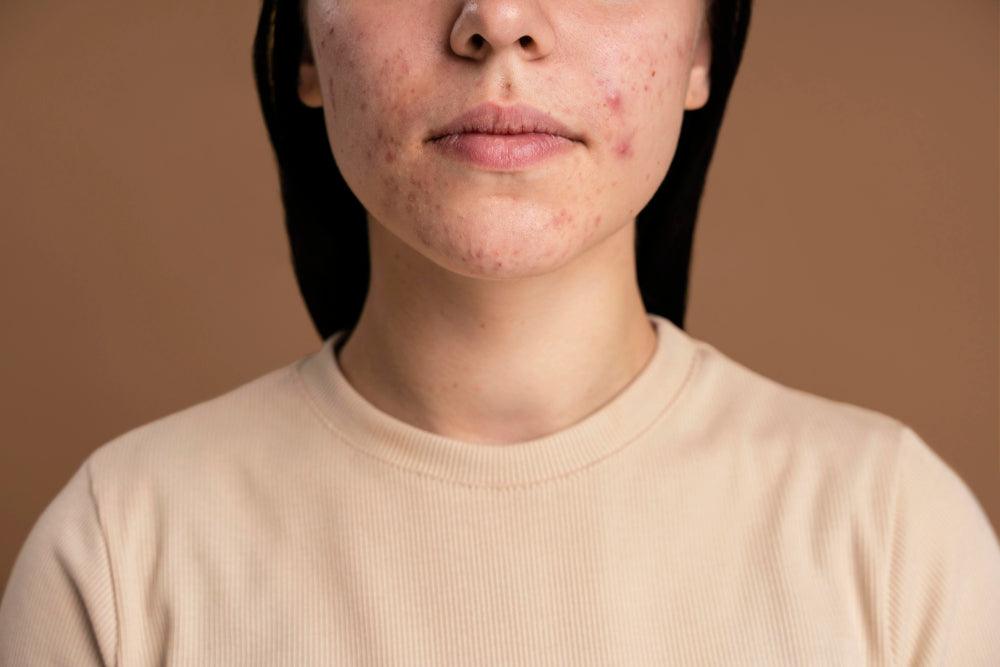
Related products
Acne is a skin condition characterised by the appearance of spots, pimples, blackheads, and sometimes, painful cysts. Contrary to popular belief, it isn't confined to teenagers; adults can suffer from it too. The British Association of Dermatologists notes that acne affects over 90% of adolescents and up to 20% of adults. Dr. Lucy Daniels states, "Many adults, especially women, find themselves battling acne well into their 30s and 40s. Its influence isn't merely superficial. It weaves a web of intricacy, perplexity, and often leads to self-consciousness and social withdrawal."
The importance of finding effective treatment solutions
The journey to clear skin can be both arduous and complex. With an array of treatment options available, from oral medications to laser therapies, it's essential to find one that's both safe and effective. As the key theme of this article emphasises, topical creams often emerge as a favoured choice. "Topical treatments, especially creams, offer targeted solutions, and when chosen wisely, they can yield substantial results," notes Dr. Peter O'Reilly, a skin specialist based in Manchester.
Top Recommended Acne Creams
Proactiv 3-Step System
Where to Buy: Traditionally available on the official Proactiv website and various major online retailers.
The Ordinary Niacinamide 10% + Zinc 1%
Where to Buy: The Ordinary has its official website and is also available on platforms like Cult Beauty and Deciem.
La Roche-Posay Effaclar Duo
Overview: A dual-action acne treatment that contains niacinamide, this product also has piroctone olamine and LHA, which aid in combating acne and post-acne marks.
Where to Buy: La Roche-Posay products can be found on their official website, as well as skincare retailers and pharmacies.
Neutrogena Oil-Free Acne Wash
Overview: A staple for many, this salicylic acid-based cleanser aims to unclog pores and reduce acne without overly drying the skin.
Where to Buy: Neutrogena products are usually available on their official website, major e-commerce platforms, and physical drugstores.
Paula's Choice Skin Perfecting 2% BHA Liquid Exfoliant
Overview: This salicylic acid-based exfoliant is lauded for its ability to delve deep into the pores, clear out impurities, and improve skin texture.
Where to Buy: Paula's Choice has its official online store and is also stocked by various beauty and skincare e-retailers.
Understanding Acne
At its core, acne is an inflammatory skin condition, but its triggers and manifestations are multifaceted. Delving into its complexity, understanding its causes, and identifying its types can offer a clearer path to effective treatment.
Definition and causes of acne
Acne vulgaris, commonly referred to as acne, results from the blockage and inflammation of hair follicles and their accompanying sebaceous glands. Factors leading to its onset can be both internal and external. Dr. Anika Patel, a renowned dermatologist in Birmingham, explains, "While genetics play a significant role in predisposing one to acne, external factors like pollution, cosmetic products, and certain medications can exacerbate it." Furthermore, the National Institute for Health and Care Excellence (NICE) reported that nearly 40% of those with acne have a direct family member similarly affected, accentuating the genetic link.
Different types of acne: whiteheads, blackheads, pimples, cysts
Acne manifests in various forms, each with its unique characteristics. Whiteheads are closed clogged pores, while blackheads are their open counterparts. Pimples are swollen pores filled with pus due to bacterial infection. Cysts, on the other hand, are deep, painful, pus-filled lumps. "Identifying the type of acne is paramount to its effective treatment. A cream that works for blackheads might not be as effective for cystic acne," Dr. Laura Thompson, an expert in acne treatments at the Edinburgh Dermatology Clinic, points out. Monitoring food intake and eliminating high-glycemic foods may reduce flare-ups. For those wanting a structured plan to manage acne internally, options from the medication for acne collection can complement dietary changes with clinically backed treatment.
Factors that exacerbate acne: diet, hormones, stress, poor skincare habits
Acne's burstiness, or its sporadic flare-ups, can be attributed to various factors. Diet, especially the consumption of dairy and high glycemic foods, can influence its severity. Hormonal fluctuations, often seen during menstruation or due to conditions like polycystic ovary syndrome, can lead to acne breakouts. Dr. Ahmed Khan, a dermatologist in Bristol, mentions, "Stress, both physical and emotional, can surge cortisol levels, leading to increased sebum production and acne." Moreover, poor skincare habits, like not removing makeup or using comedogenic products, can clog pores, exacerbating the condition.
Combating acne requires targeted and effective solutions, and Welzo is at the forefront with its curated selection of treatments. For those in need of a potent cleansing agent, the Acnecide Wash Gel offers deep cleaning to manage breakouts. If you're looking for a dedicated face wash, the Acnecide Face Wash Treatment could be your go-to, designed to combat and prevent acne flare-ups. Meanwhile, the Acnecide Gel acts as a targeted spot treatment, ensuring that pimples are addressed directly at their source. Rounding out the range is the Acnecide Face Gel 15g, providing a lighter alternative for daily use. Each product from Welzo is meticulously selected to offer relief and results for acne-prone skin.
Why Topical Creams?
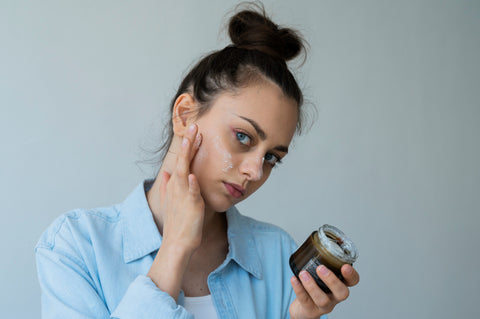
Topical creams stand out as a popular and often first-line approach. They offer a direct and targeted treatment modality, but why are they preferred?
Explanation of how topical treatments work
Topical creams designed for acne usually contain active ingredients that target the root causes of acne – bacteria, inflammation, and excessive oil production. Dr. Olivia Foster, a dermatologist in Liverpool, says, "Topical agents, be it retinoids or antibiotics, work by reducing inflammation, combating bacteria, and facilitating skin cell turnover, thereby unclogging pores." With this targeted approach, they often yield faster results and fewer systemic side effects than oral medications.
Benefits of using creams over other forms of treatment
Topical creams offer numerous advantages. They're less invasive than procedures like chemical peels or laser therapies and generally have fewer systemic side effects than oral medications. Furthermore, their ease of use makes them a preferred choice for many. "Creams can be easily incorporated into daily skincare routines. They offer a dual advantage of treating acne while often providing moisturising or sun-protective benefits," remarks Dr. Helena Mitchell, a skincare expert based in Leeds.
Key Ingredients to Look for in Acne Creams
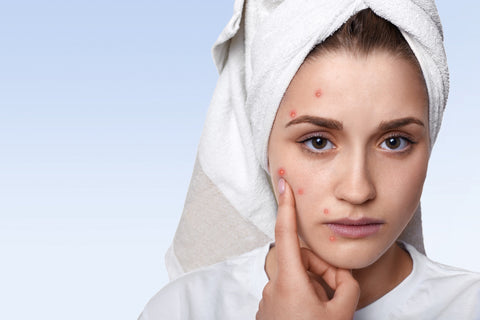
In the world of skincare and dermatology, certain ingredients stand out due to their proven efficacy against acne. These powerhouse ingredients have been researched extensively, showcasing their ability to treat various forms of acne with minimal adverse effects when used correctly.
Benzoyl Peroxide: How it works, its effectiveness, and potential side effects
Benzoyl peroxide is a mainstay in acne treatments. According to Dr. Rachel Brooks, a skincare expert based in London, "Benzoyl peroxide works by introducing oxygen into the pore, which can kill the specific type of bacteria responsible for acne." Its antiseptic properties have been proven to reduce the number of skin surface bacteria significantly. However, like all effective treatments, benzoyl peroxide is not devoid of potential side effects. It can lead to skin irritation, dryness, or peeling. Yet, with careful usage and by following dermatologist recommendations, these can be minimised. A consistent skincare routine using non-comedogenic products from the skin care category can also help in managing breakouts long term.
Salicylic Acid: Its role in unclogging pores, benefits, and possible irritations
Salicylic acid, a type of beta hydroxy acid, is renowned for its ability to exfoliate and unclog pores. "It works by diving deep into the lipid layers and exfoliating inside the pore, thereby preventing breakouts," explains Dr. Sarah Williamson, a dermatologist from Cardiff. For those with blackheads and whiteheads, salicylic acid can be especially beneficial. However, potential side effects include skin dryness, stinging, or slight irritation. It's always recommended to use the ingredient as part of a balanced skincare routine to counteract any drying effects.
Retinoids (e.g., tretinoin, adapalene): Their mechanism in skin cell turnover, benefits, and side effects
Retinoids, derivatives of vitamin A, are often hailed as the gold standard in acne treatments. They work by promoting rapid skin cell turnover, preventing dead cells from clogging pores. Dr. Michael Davis, an acne specialist in Glasgow, states, "Retinoids such as tretinoin or adapalene not only tackle acne but offer anti-aging benefits as well." However, this powerful ingredient can lead to skin irritation, increased sun sensitivity, and dryness. It's crucial to incorporate sun protection when using retinoid products.
Alpha Hydroxy Acids (AHAs): Benefits for acne-prone skin and potential side effects
AHAs, like glycolic and lactic acid, serve as chemical exfoliants. They help in shedding the outer layer of the skin, promoting fresher and brighter skin underneath. "For those with acne-prone skin, AHAs can be a revelation. They not only combat acne but also address the aftermath, such as post-inflammatory hyperpigmentation," claims Dr. Hannah Clarke from Leeds. As with many active ingredients, AHAs can lead to mild irritation, redness, and increased sun sensitivity.
Niacinamide: Its anti-inflammatory properties and benefits for acne
Niacinamide, a form of vitamin B3, is gaining popularity due to its wide range of skin benefits. Primarily, its anti-inflammatory properties help in reducing the redness and swelling often seen in active acne lesions. "It's a multitasker. From reducing sebum production to brightening the skin and fighting acne, niacinamide does it all," says Dr. Neil Patel, a dermatologist based in Birmingham.
What Clears Acne Fast?
Achieving rapid relief from acne flare-ups is a common desire. The market is replete with products claiming quick results, but discerning their efficacy is crucial.
Overview of fast-acting treatments
For those seeking swift results, spot treatments containing benzoyl peroxide or salicylic acid are often recommended. These products are designed for targeted application on individual pimples, delivering active ingredients directly to the lesion. Dr. Emily Robinson, a dermatologist from Edinburgh, suggests, "Hydrocolloid patches can also draw out impurities and protect the pimple from further irritation, speeding up the healing process."
Tips and techniques for rapid relief from breakouts
Beyond products, certain techniques can help in quickly alleviating acne symptoms. Keeping the skin clean, avoiding unnecessary touching or picking, and using cold compresses can reduce inflammation and redness. Dr. Alan Turner, based in London, recommends, "In severe cases, a quick visit to the dermatologist for a corticosteroid injection can significantly reduce a large, painful cyst within 24 hours."
What is the Best Cream to Get Rid of Acne?
While individual experiences may vary, creams containing a combination of both exfoliating agents (like AHAs or salicylic acid) and anti-inflammatory agents (like niacinamide) often emerge as top contenders. Dr. Sophia Taylor from Liverpool asserts, "A good acne cream isn't just about clearing pimples. It should address underlying inflammation, prevent new breakouts, and aid in skin repair."
Pros and cons of each cream
While Proactiv offers a comprehensive 3-step system targeting various acne stages, it might be too drying for some. La Roche-Posay's Effaclar Duo, on the other hand, is lauded for its gentle yet effective formula, but its higher price point might deter some. Neutrogena's Oil-Free Acne Wash, while affordable, might not be suitable for sensitive skin types.
Price range and where to buy
Prices can vary significantly, from budget-friendly options available at local chemists for under £10 to premium brands that can cost upwards of £40. It's advisable to purchase from reputable stores or pharmacies to ensure product authenticity.
Any additional benefits like moisturising or sun protection
Beyond combating acne, some creams offer added benefits. Moisturising properties, sun protection, or even anti-aging ingredients can enhance their appeal. Dr. Lisa Grey, a dermatologist in Manchester, advises, "For those using acne treatments, hydrating and sun protection components in a cream can counteract potential dryness and sun sensitivity."
Natural and Alternative Acne Creams

The move towards natural and holistic treatments is gaining momentum in the skincare arena. When it comes to treating acne, some individuals prefer organic or naturally-derived ingredients to avoid potential irritants found in conventional treatments.
Benefits of using natural ingredients
Natural ingredients, typically devoid of harsh chemicals, can offer soothing and anti-inflammatory benefits to the skin. Dr. Sarah Green, a holistic dermatologist based in Bristol, comments, "Natural treatments, while milder, can be especially beneficial for those with sensitive skin. They often provide a gentler approach to acne management."
Overview of popular natural treatments: Tea tree oil, aloe vera, witch hazel, etc.
- Tea tree oil: This essential oil has antimicrobial and anti-inflammatory properties, making it a popular choice for acne-prone skin. A study in the British Journal of Dermatology found that tea tree oil gel was beneficial in reducing both inflamed and non-inflamed lesions.
- Aloe vera: Renowned for its soothing properties, aloe vera can help reduce skin inflammation and redness. It's also known to promote skin healing.
- Witch hazel: A natural astringent, witch hazel can help in reducing oil production and minimising pores. It also possesses anti-inflammatory benefits.
How effective these natural remedies are compared to traditional treatments
While natural remedies can be effective, they might not always match the potency of conventional treatments. Dr. Andrew Lloyd from Newcastle remarks, "While natural treatments can offer relief, they often work best in conjunction with traditional acne treatments, especially for more severe cases."
How to Use Acne Creams for Best Results
Ensuring optimal results from acne creams often requires more than just applying the product. It involves understanding its usage, adhering to a consistent routine, and setting realistic expectations.
Importance of a consistent skincare routine
Consistency is key when it comes to skincare. Dr. Rose Clarke, a dermatologist from Birmingham, stresses, "Establishing a regular routine ensures that active ingredients have adequate time to exert their effects. Skipping days or being inconsistent can hinder the benefits."
Tips on applying creams (e.g., after cleansing, avoiding sun exposure with certain ingredients)
- Cleansing: Always apply acne treatments to clean skin to ensure better absorption. Gentle cleansers, devoid of irritants, can prep the skin for treatment. - Order of application: If using multiple products, apply thinner formulas first, followed by thicker creams or moisturisers. - Sun protection: Ingredients like retinoids or AHAs can increase sun sensitivity. It's imperative to use a broad-spectrum sunscreen during the day.
How long before seeing results
Patience is crucial. "Most acne treatments require at least 4-8 weeks before showing significant results. In some cases, the skin might initially purge or worsen before improving," notes Dr. Olivia Turner from London.
Potential Side Effects and How to Manage Them
While acne creams aim to treat breakouts, they can sometimes lead to side effects, especially if not used correctly.
Common side effects: Dryness, peeling, redness, and sensitivity
These side effects, while common, can often be managed with the right approach. Dr. Paul James, a dermatologist from Edinburgh, explains, "Side effects often signify that the skin is acclimatising to the treatment. However, severe or persistent reactions should not be ignored."
Recommendations on minimising side effects: Using moisturisers, sunscreens, etc.
- Moisturising: Using a non-comedogenic moisturiser can combat dryness or peeling induced by acne treatments.
- Sunscreens: As many acne ingredients heighten sun sensitivity, using a sunscreen can prevent sunburn or excessive redness.
- Gradual introduction: For those new to potent ingredients, starting with lower concentrations or applying the product every other day can help the skin adjust.
When to stop using a product or consult a dermatologist
If side effects persist or become severe, it's wise to discontinue the product. Dr. Natasha Collins from Manchester advises, "Persistent redness, swelling, or itchiness might indicate an allergic reaction. In such cases, consulting a dermatologist is paramount."
Tips for Choosing the Right Acne Cream for Your Skin Type
Selecting the right acne cream is not a one-size-fits-all process. Different skin types have unique requirements, and understanding this is paramount to ensuring the efficacy of your chosen treatment.
Understanding your skin type: Oily, dry, combination, sensitive
- Oily Skin: More prone to acne due to excess sebum production. Look for non-comedogenic formulas that won't clog pores.
- Dry Skin: Needs hydrating acne treatments that won't exacerbate dryness. Creams with moisturising ingredients are preferable.
- Combination Skin: Features both dry and oily areas. Might require different products for different zones.
- Sensitive Skin: Prone to irritations and reactions. Milder formulations or natural remedies may be more suitable. Dr. Victoria Lewis from Cardiff notes, "Understanding your skin type is foundational. It influences how your skin reacts to certain ingredients and helps in tailoring your acne treatment strategy."
How to test products before fully incorporating them into your routine
Before diving headfirst into a new acne regimen, it's beneficial to introduce products gradually. Start by using the product every other day, monitor your skin's reaction, and then increase usage if there are no adverse reactions.
Importance of patch testing
Patch testing is a method of applying a small amount of product to a discreet area of the skin, usually the inner wrist or behind the ear, to check for any adverse reactions. Dr. Sean Mitchell from Leeds emphasises, "Patch testing is a simple yet effective way to gauge how your skin might react to a new product. Always practice this, especially if you have sensitive skin."
What's the Best Acne Cream UK?
The UK market offers an array of acne treatments. However, finding the best often requires sifting through a myriad of options.
Overview of top acne creams available in the UK market
Several acne creams stand out in the UK based on user reviews, efficacy, and expert endorsements. Some of these include brands like Boots' Tea Tree & Witch Hazel line, Superdrug's Naturally Radiant range, and renowned brands like Eucerin and The Ordinary.
Recommendations based on reviews, effectiveness, and dermatologist endorsements specific to the UK
Eucerin's DermoPurifyer Oil Control Treatment comes highly recommended due to its lactic acid content which helps in exfoliation and acne prevention. The Ordinary's Niacinamide 10% + Zinc 1% is lauded for reducing inflammation and regulating sebum. Dr. Jane Scott from Glasgow says, "Both these products offer an excellent balance of efficacy and affordability, making them popular choices in the UK."
Conclusion
Acne, a common skincare concern, can be challenging to manage. Yet, the crux of the matter is finding the right treatment tailored to individual needs. As we've delved into the myriad of acne creams available, from their key ingredients to their application, it's evident that the journey to clear skin requires patience, persistence, and proper knowledge. It's pivotal to remember the key theme: every skin is unique. Thus, consulting with a dermatologist, conducting diligent research, and being patient in the quest for the best acne treatment tailored to one's needs can pave the way to healthier, clearer skin.







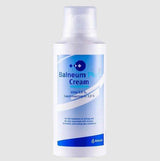





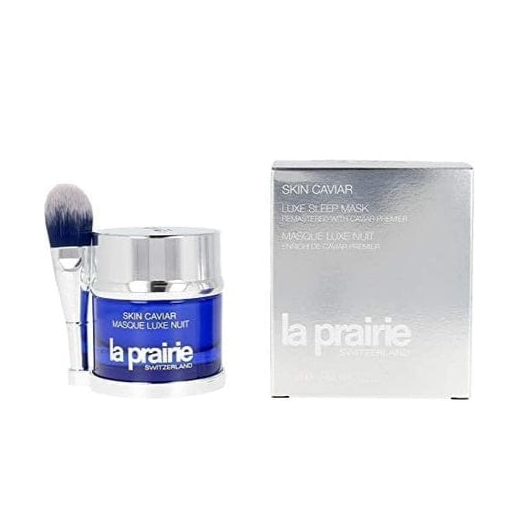
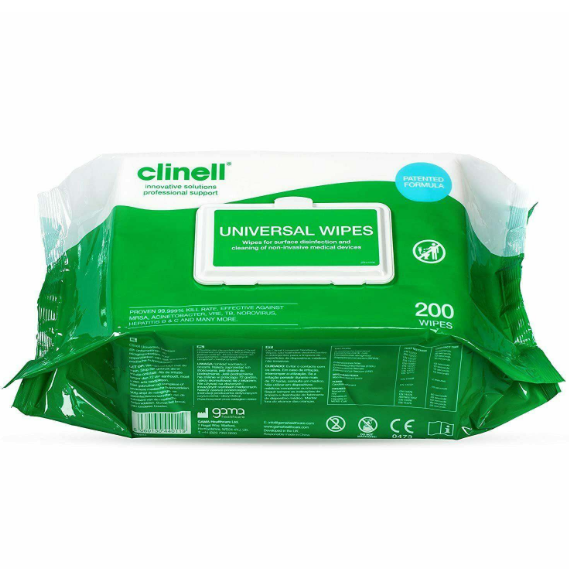
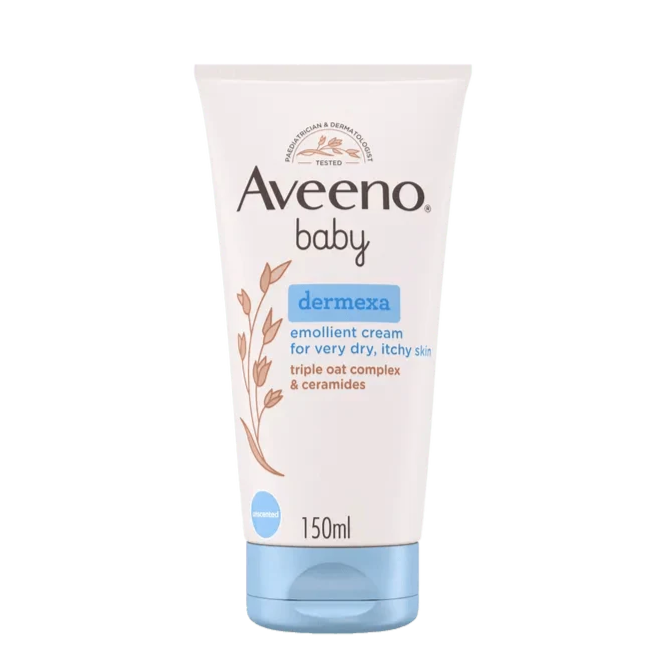



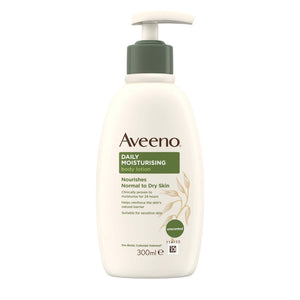





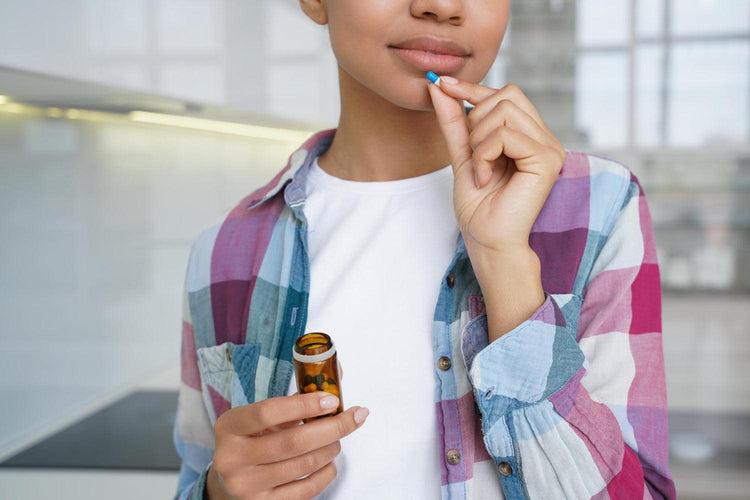

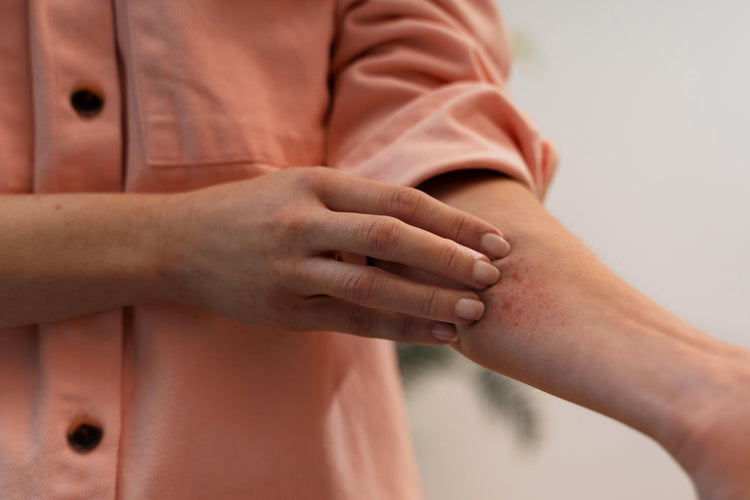



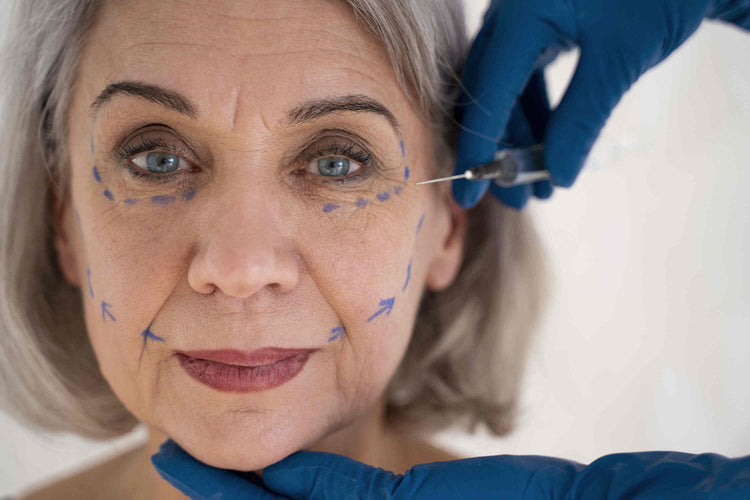
 Rated Excellent by 26,523+ Reviews
Rated Excellent by 26,523+ Reviews